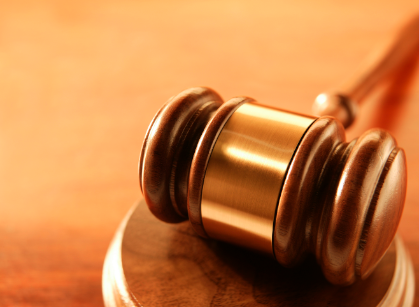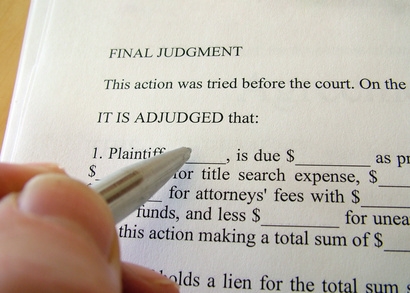Florida Lien Law: Using Lien Statute to Foreclose Worthless Collateral, Why and When?
Recently, the Florida Construction Attorney Articles discussed how tenant improvements can subject a landlord to lien liability (see Article on Florida Lien Law: Liens and Leases), but what can be done when a Fee Simple Owner properly avoids liability through compliance with Fla. Stat. 713.10(2)(a) which states, “[w]hen the lease expressly provides that the interest of the … Read more








